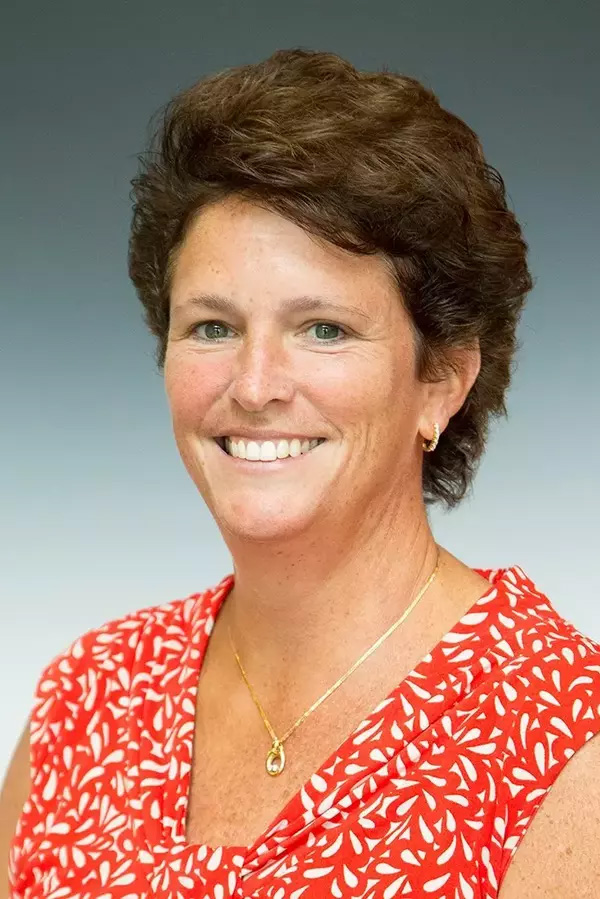Course Overview
This exciting summer program for high school students examines the scope of the sports industry and introduces students to the wide range of career opportunities in the field of sport management. Students examine the managerial process, including the functions of management, and the roles, skills, and attributes required of sports managers. Students are introduced to problems/issues faced by sport managers by analyzing and discussing actual case studies in sport management.
The primary objective is to provide the student with a basic understanding of the duties and functions of a sport manager as they apply to amateur and professional sports. Upon completion of the course, students should be able to identify, analyze, and understand issues affecting sport managers.
All students who successfully complete the course will receive a Certificate of Completion and have the opportunity to request a Syracuse University noncredit transcript.
Learning Objectives
- Students will understand the wide range of organizations and careers throughout the sport industry.
- Students will understand the day-to-day of a variety of sport industry professions.
- Students will understand current sport industry trends including the emerging esports industry.
- Students will gain experience working in collaborative environments as is customary across the sport industry.
Course Information
Course Prefix and Number: SCN 021
Format: On Campus (at Syracuse University)
Eligibility: Students must be of rising high school sophomore, junior, or senior status – or a 2025 high school graduate.
Credit: Noncredit
Grading: Pass/Fail
Cost:
- Residential: $2,395
- Commuter: $1,908
Program rates are subject to change and will be approved by the board of trustees. Discounts and scholarships are also available.
Program Information
Summer College – On Campus: Experience what college is really like: take a college-level course, live in a residence hall, have meals with friends in a dining hall, and participate in activities and events on campus.

“This course has had a positive impact in my life as it has reaffirmed my interest in pursuing a career in Sports Management. I would recommend this experience to anyone who might be interested in the professional aspect of sports.”
– Adrian M., Summer College – Online Sport Management Student, 2021
Course Dates and Details
| Program | Course Dates | Class Time (Eastern Time) | Credit/Noncredit |
|---|---|---|---|
| Summer College – On Campus | 1-Week Session I: Sunday, July 6 – Friday, July 11, 2025 | MTWThF; 9 a.m. – 11:45 a.m. & 1 p.m. – 3:30 p.m. | Noncredit |
| Summer College – On Campus | 1-Week Session II: Sunday, July 20 – Friday, July 25, 2025 | MTWThF; 9 a.m. – 11:45 a.m. & 1 p.m. – 3:30 p.m. | Noncredit |
To see if this course is ‘open,’ refer to the full course catalog.
Typical Day
Tentative Schedule
A typical day tends to include:
- 9 – 11:45 a.m. Current Issues in College Sports & Class lecture and discussion
- 1 – 3:30 p.m. Ticket Sales/Marketing/Communications; Guest speaker: Athletics Administrators
When class is over, and on weekends, students can look forward to various Summer College – On Campus activities to meet and connect with other students! Check out our On Campus Experience page for more information!
Faculty Bios
Sue Cornelius Edson (Teaching Session I)

Sue Cornelius Edson (she/her/hers) joined the Department of Sport Management at the David B. Falk College of Sport and Human Dynamics in fall 2024 as a professor of practice.
No stranger to Syracuse University, Edson served as the chief communications officer for Syracuse Athletics, overseeing all public and media relations, from 1997 through August 2024. A 34-year veteran of the athletic communications profession, Edson started at Syracuse in 1990. She also taught sports public relations at Syracuse University’s S.I. Newhouse School of Public Communications from 1994 to 2013.
Edson was inducted into the College Sports Communicators (formerly CoSIDA) Hall of Fame in 2012, received the ECAC-SIDA’s Irving T. Marsh Award in 2006 and the Greater Syracuse “40 Under 40” award in 2007. She is a member of the Syracuse University Women in Leadership Steering Committee and co-Vice President of the Greater Syracuse Sports Hall of Fame Board of Directors. Previously, she co-led the Jamesville-DeWitt Youth Athletic Association Board and coordinated its basketball program.
Edson graduated from Syracuse University in 1990 with degrees in broadcast journalism and policy studies.
Education: B.A., Broadcast Journalism, Policy Studies, Syracuse University
Dr. Alexia Lopes (Teaching Session II)

Dr. Alexia Lopes (she/her/hers) joined the Department of Sport Management at Falk College in Fall 2024 as an assistant teaching professor. Lopes earned a Ph.D. from the University of South Carolina, and an M.B.A. in and a B.B.A. from KU Leuven in Brussels, Belgium. Prior to her move to the United States to pursue her Ph.D., Lopes worked as a career manager in her home country of Brazil for Enzo Lopes, who is a professional motocross/supercross athlete. Lopes’ research focuses on athlete migration and women in motorsports. She has presented her research in major conferences in the United States and internationally. Fun facts: she speaks four languages, has two nationalities (Italian and Brazilian) and enjoys hiking when she is not teaching.
